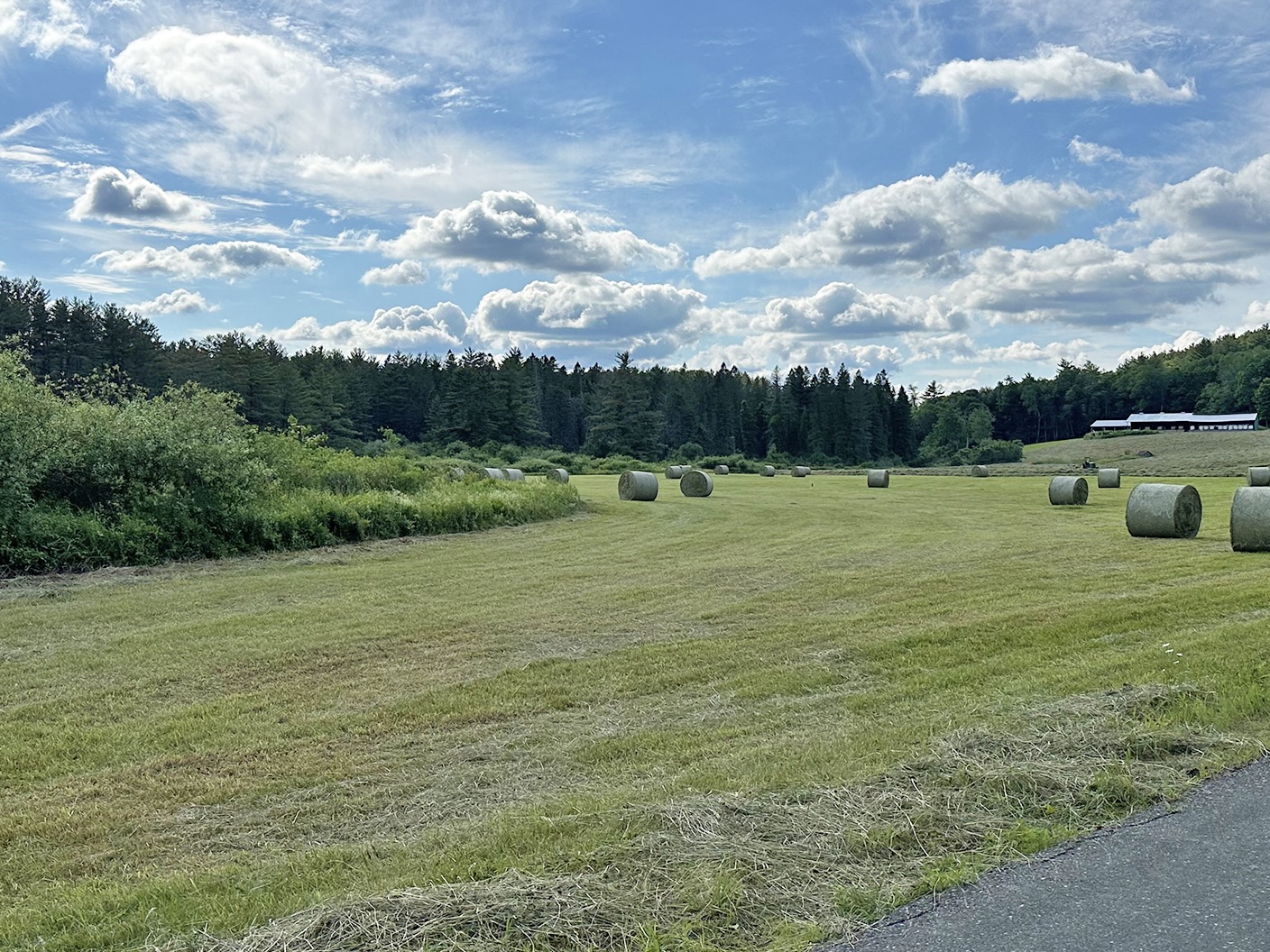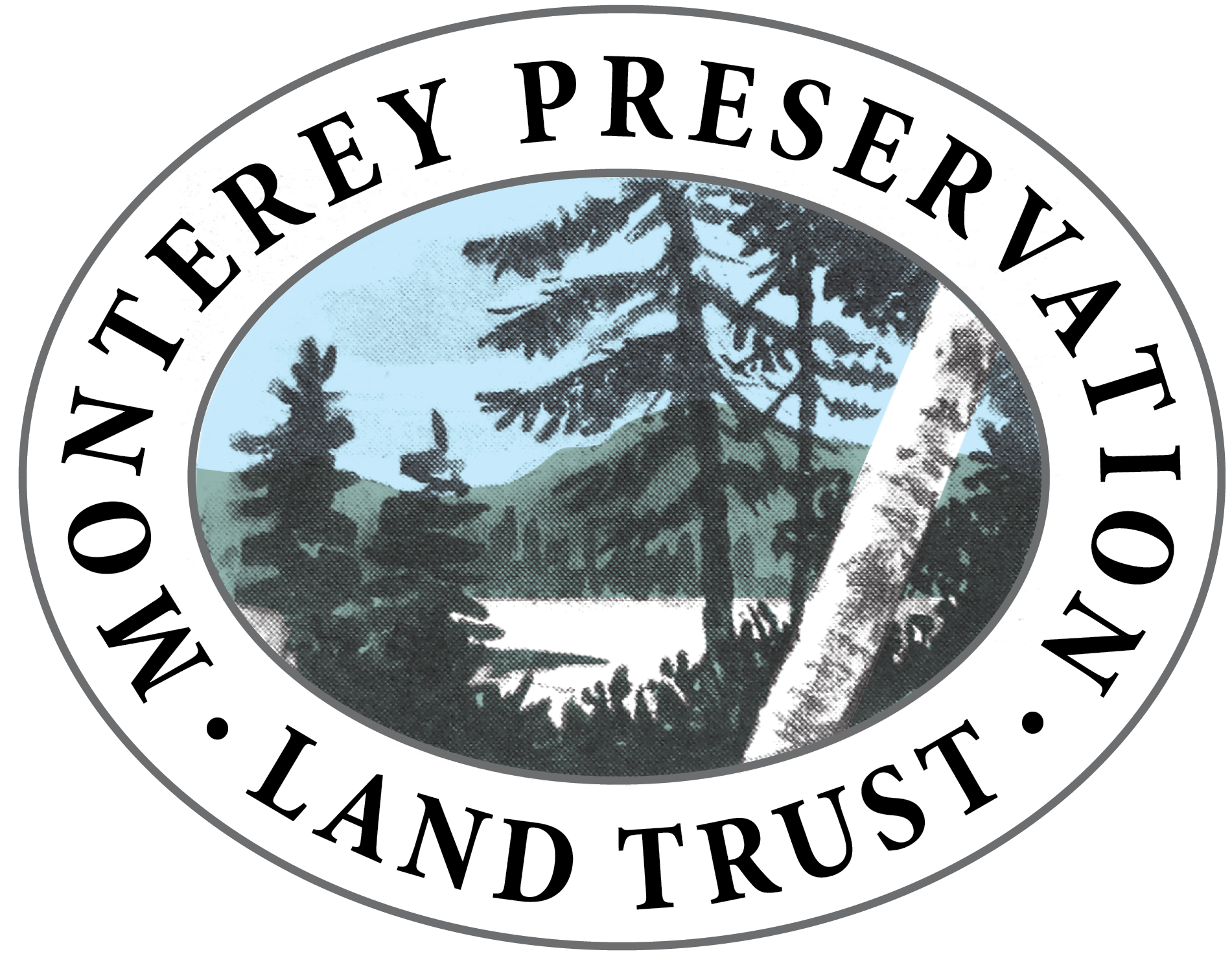Land Donations
The Monterey Preservation Land Trust can help owners with all aspects of outright land donations. By transferring land to the Trust, owners can insure preservation of a special or favored piece of land for perpetuity.
Since each piece of land is different, there are options open to donors of land. If they donate land without stipulations, the Trust may sell the land or make such plans as the Board feels prudent. Most often, the donors will want some part in planning the future of their land, and contracts can be drawn up to cover many possibilities. For example, the owners may desire a wildlife preserve or permanent open space. After the contract is signed along with the deed transfer, the contracted stipulations run with the deed, and the Trust is required to follow the agreement.
In addition to many other possibilities, owners can reserve a “life estate,” partial use of a property for
Conservation Restrictions
Landowners can face dilemmas. An owner of open land may enjoy hiking, cutting firewood, fishing, camping. An owner of a house may enjoy open land surrounding it, the scenic protection, outdoor activities, the view. Although each may want to protect the open land, neither may favor an outright donation. The Monterey Preservation Land Trust might recommend a conservation easement. Although a new concept for most people, such an arrangement is easy to implement.
When one buys a piece of land, even though he holds a deed, one does not in fact own the land, but owns rights to use the land in various ways subject to regulations. Such uses of land can be: mineral rights, timber harvesting rights, farming rights, hunting rights, development rights, right of way for travel, commercial rights. All rights are deemed to be present in a deed, unless specifically excepted. A landowner can own some or all of these rights and may transfer them individually.
One of the most important rights in a deed is the right to develop land subject to regulations. Often the assessment of land will owe 80% of its value to development rights. On the other hand, the right to develop a piece of land perpetually threatens its
Chapter 61 Forestry and Farming
The State of Massachusetts has enacted laws which adjust the property taxes for farmland and forestland and permit the owners of such lands to be taxed in accordance with use. Both programs prevent towns from taxing these lands at their development potential. Although both programs require owners to sign contracts with the State, they retain lands in open space temporarily.
Forestry
Under the provisions of the Chapter 61 Forest Land Act, landowners and the State sign a contract. Under such an agreement the landowner must do certain forestry improvement and periodic harvesting on his land. In return, his property taxes are reduced. At the time of any harvesting, the town may also receive a percent of the net proceeds. Thus the landowner is allowed to pay most of his taxes when the land produces income. At little cost, the town is assured of open space, and the landowner is encouraged to re-enroll at the end of the contract.
Before the state will certify a piece of forestland, the landowner must submit a 10-year plan prepared by a forester calling for recommended and required work that the landowner must do or have done. Much of this work will produce income. The amount of work is often their lifetimes or those of their children before ultimate transfer.
The Trust can assist owners considering donation in making the best choice for themselves and their land. The Trust would be able to make suggestions and allow the owners to choose the best plan.
Any charitable donation carries with it the added benefit of tax deductions.
Land donation is but one of the vehicles of keeping land in open space. It relieves owners of property taxes and management, insures preservation, and allows owners to share in future planning and use of their land.
remaining as open space or farmland and raises its appraisal for determining property taxes. For the landowner who wants to retain use of his land, but also wants it to remain undeveloped, owning development rights becomes a land use and financial burden.
In such a situation a landowner could convey the development rights to the Monterey Preservation Land Trust and a deed reflecting the transfer will be filed. Without the development rights, the land would remain in open space. The landowner would retain all other rights to the land without any interference from the Trust. Donation of development rights need not encompass 100% of potential development.
Since a partial donation of ownership rights would take place, a tax deduction equal to the reduction in assessed property value of the land would be allowed. A corresponding reduction in property taxes would be in effect.
Note that transferring a conservation easement to the Monterey Preservation Land Trust is more effective and financially rewarding than placing a restriction upon the deed itself. Such restrictions in Massachusetts are limited to 35 years and involve no tax savings.
quite small. In each case, before the landowner signs a contract, he can economically obtain a preliminary judgment from a private forester. If the landowner does required work such as pruning trees, thinning firewood, or culling softwood, there would be no additional expense. If the landowner must hire such work, cost would be involved, but selling firewood or selective cutting results in net income. In any case, the work is spread over many years and is not burdensome.
Because the landowner has a contract with the State to retain such land in productive forest, generally the land remains undeveloped. It is possible to hold out certain portions of a parcel, which would be unaffected by Chapter 61. It is also possible to withdraw from the program prior to the expiration of the contract, but penalties may apply.
The Monterey Preservation Land Trust can assist in the preliminary stages of this program.
Farming
The Chapter 61a Farm Land Act is similar to the Forestry program: a contract with reduction of taxes.The land must remain in agricultural use. The Trust can help with the application process.


